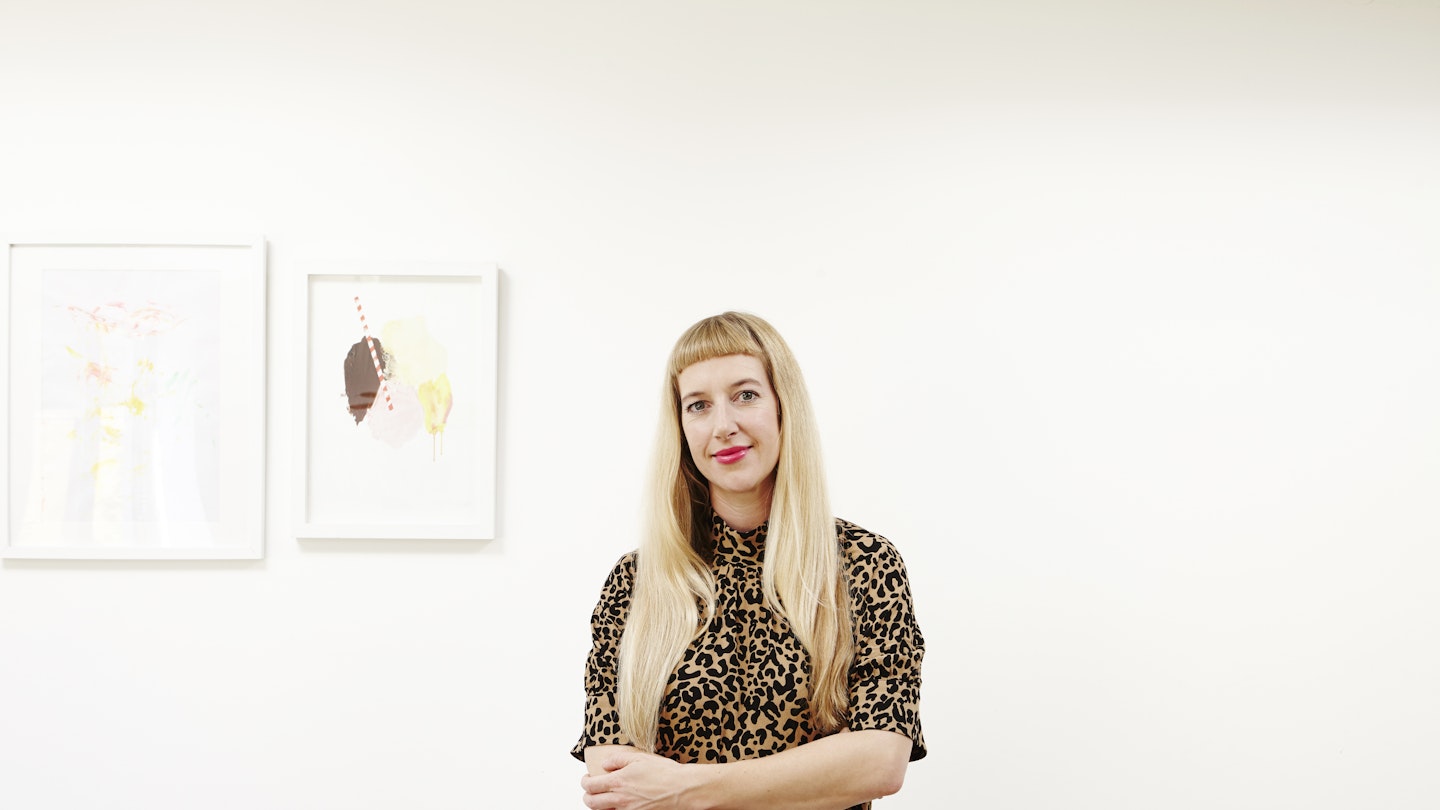Last year I had an idea for a column called The Freelance Mum. It would document the challenges I come up against raising two under-fives, while building my career as a freelance journalist and editor. It would also be full of tips and advice for other freelance mums, at the start of their journey.
Around the same time, I was in talks with my publisher Michelle about writing a non-fiction parent-focused book. After hearing this column idea, Michelle lit up. This is the book that needs to be written, she said: The Freelance Mum. The following month, I had a book deal.
As I began researching, I discovered that maternity discrimination is rife. An estimated 54,000 women lose their jobs during pregnancy or maternity leave. This doesn't surprise me, as my full-time rolling contract as a copywriter was terminated the moment I gave birth.
I began to wonder whether the 79 per cent increase in freelancing mums over the past decade was down to not just the oft-cited 'flexibility' but also because it can feel as if motherhood boots you out of the workplace as you know it.
Our work culture favours people who are able to do overtime and have after-work drinks; not mothers who need to leave on the dot of 5pm to collect their kids from nursery. Not women who have to leave early because the school has phoned to say their kid is sick.
And so when Michelle and I were discussing whether my book should be The Freelance Parent or The Freelance Mum with my publisher, it didn't take long to settle on the latter. We agreed that a mother's experience of freelancing is different to that of a father.
The book is out in January but I sent BBC TV and radio presenter Cherry Healey a copy, as she was one of the 50 freelance mums I interviewed for it. Healey told me about the pressure she's under, as a single mother to her two children - and about how she balances work and home life. She also wrote an Instagram post about her own experiences as a freelance mother this week, and kindly mentioned my book.
Amidst the comments below, which were mostly comprised of fellow freelance mums, there was a comment from Master Chef's Gregg Wallace: 'Why not freelance parent?'
I've been waiting for someone to ask this question, so I was armed with my response, but another woman jumped in there and explained that more women freelance than men and that there are many reasons for this. Also, that authors will often write about their own experience.
This didn't satisfy Wallace. He said he felt left out. 'I was a freelancing single dad', he explained. When I suggested that The Freelance Dad might be the next book needing to be written, he asked why we can't share a book.
But just as a freelance dad will face their own challenges that wouldn't apply to a woman (and that, as someone who has no experience in that arena, I wouldn't be particularly well qualified to write about), there are so many elements of being a freelance mother that really are gender specific – from pregnancy, birth, breastfeeding, maternity discrimination to the gender pay gap.
In my book, I cover loss of identity, re-building your confidence after birth, the gender pay gap - and claiming the day rate you deserve.
Incidentally, I've tried speaking to both mums and dads via the same platform before. When my daughter was one, I launched The Early Hour - publishing parenting-related articles at 5am each day. It was for all parents. Guess what? My readers were 90 per cent female.
This tallies neatly with the shockingly low uptake of Shared Parental Leave that offers fathers the chance to split the care of their baby. Just 2 per cent went for it. More recently, research revealed that the amount of men taking standard paternity leave - just two weeks - has dipped.
That's why women were reading the articles on my website about parenting: because they are the almost always the primary caregiver to their baby. Their main focus, at least in the early days, is the new baby.
How many dads are asked when they'll go back to work after the birth of their baby? How many dads are faced with the issue of being made redundant because their partner has given birth? How many dads are asked how they strike a manageable work-life balance?
My book is for women because their experience is vastly different to their male partners – and Greg certainly isn't the only person to ask the question, although it's only men so far.
Sometimes, women need something of their own. We need to be offered support that is specific to us and our needs. Freelancing as a mother is tough - you work long hours, wrapping the paid graft around the unpaid work of parenting. But it can be the answer to many mothers' work-life woes.
So, there you go Gregg. That's why I wrote my book for the mums.
You can follow Annie on Instagram: @annieridout
